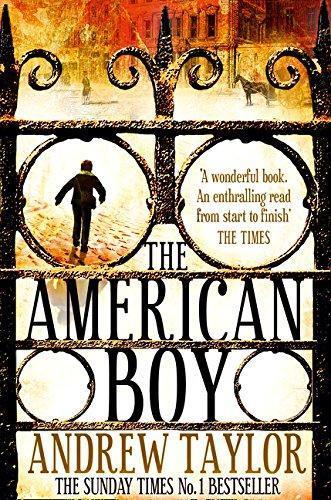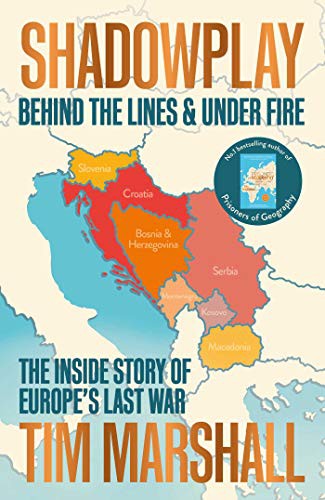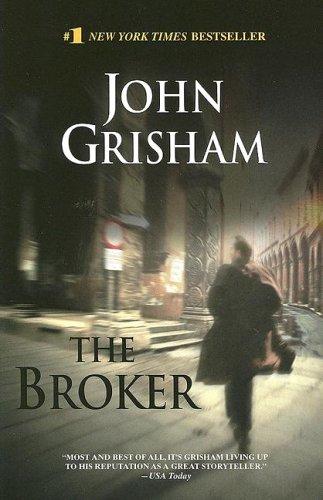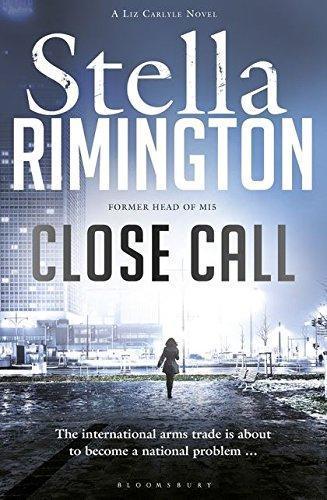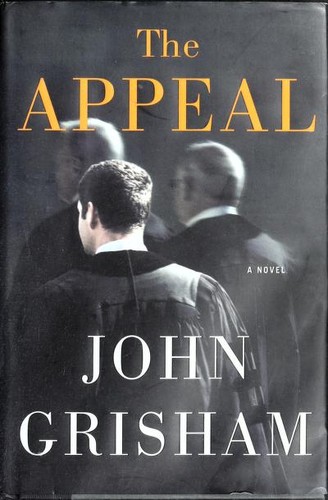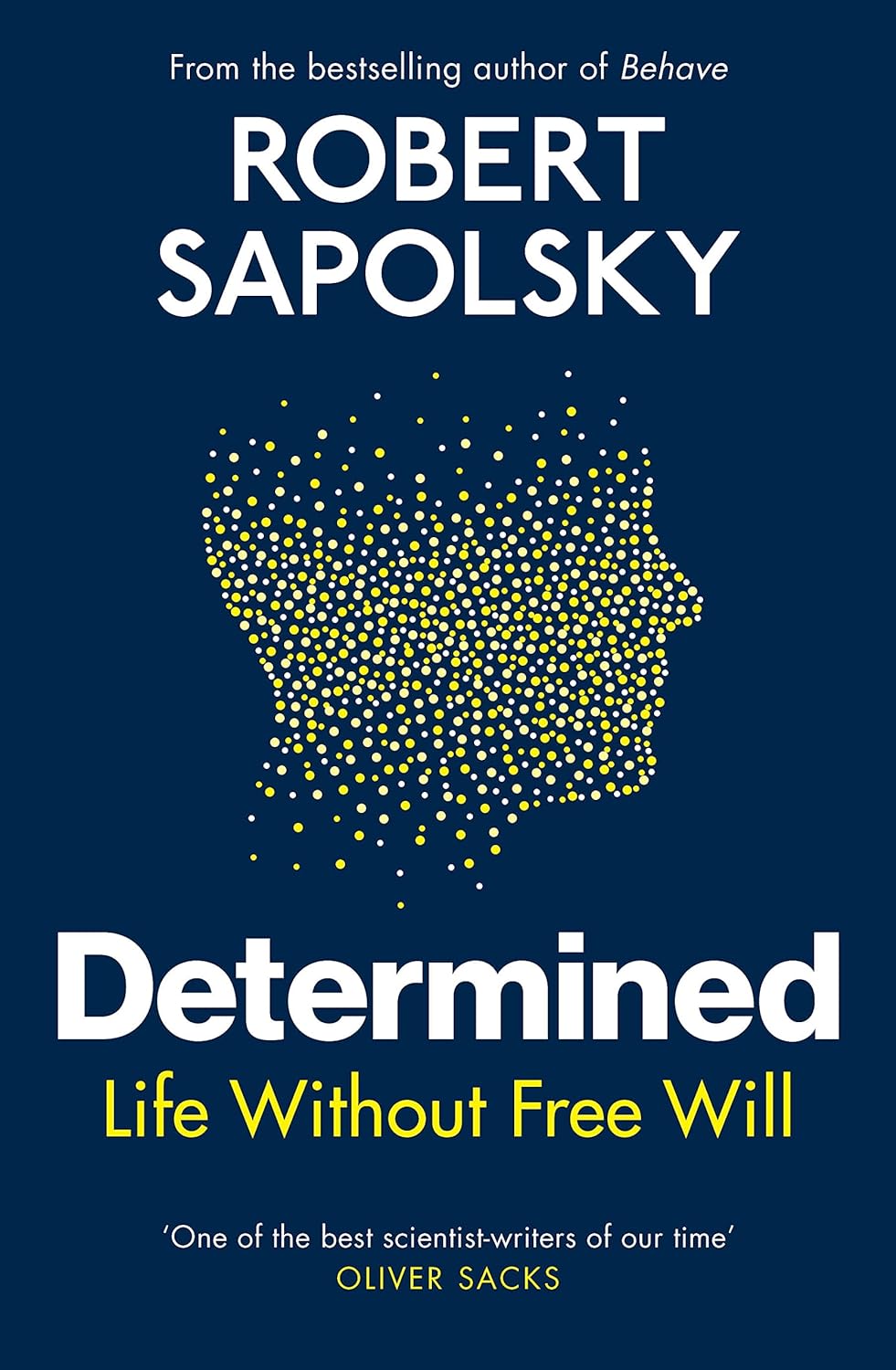John commented on The American Boy by Andrew Taylor
To save money Thomas Shield, the fictional central character, walks from London to Stoke Newington, then a village several miles away, and meets the Reverend Bransby, who runs a school, and Edgar Allan, a pupil at the school. Interesting for me as several people in my family tree were born, lived, married or died in Stoke Newington.

